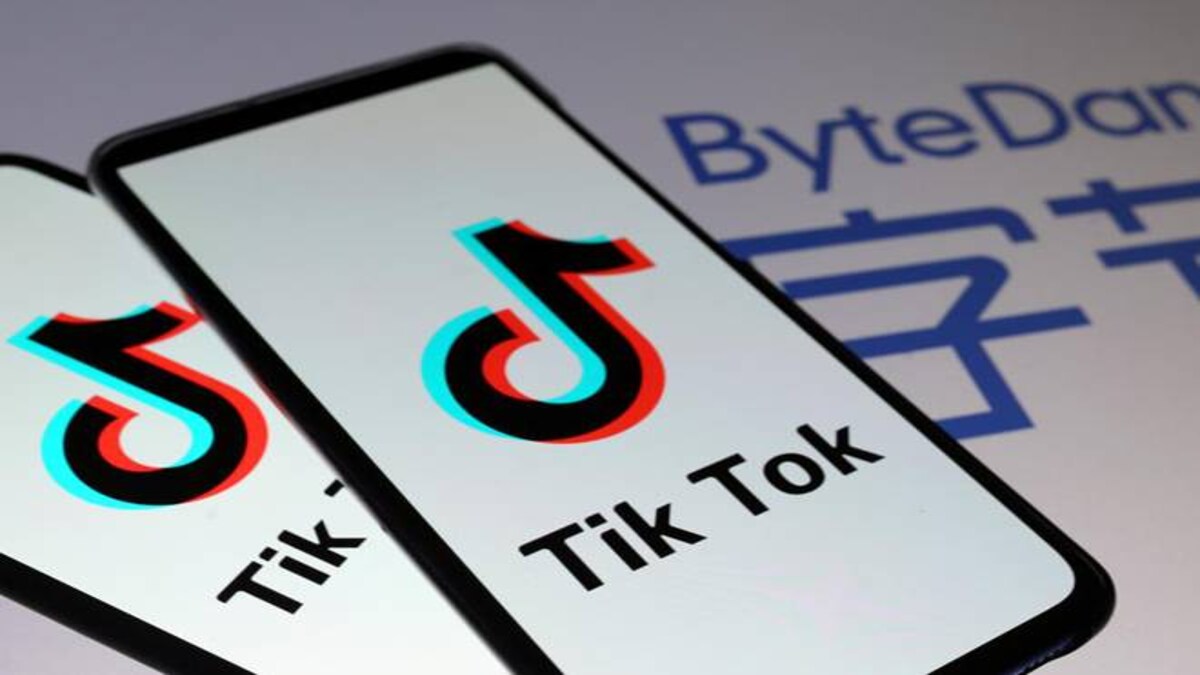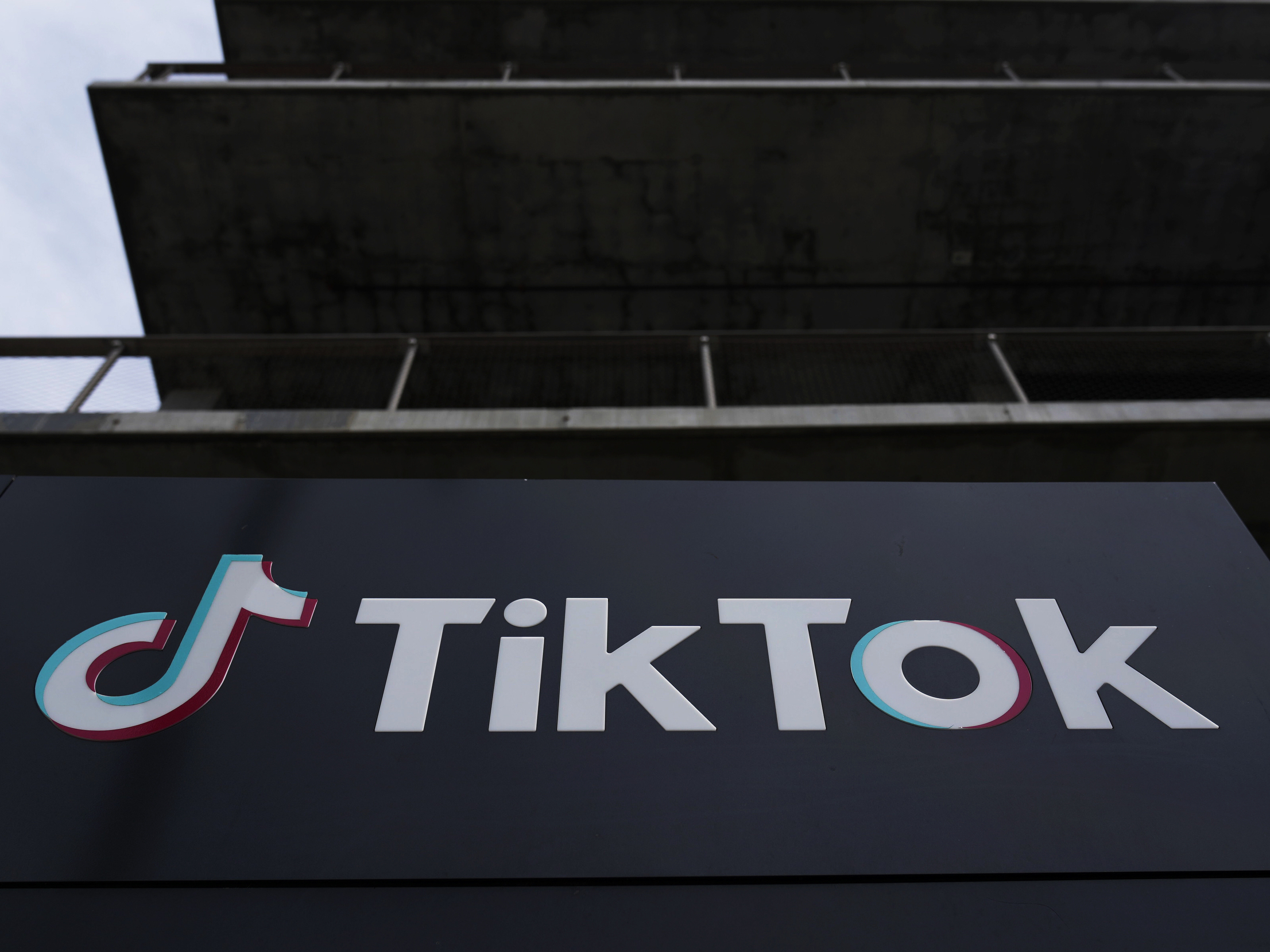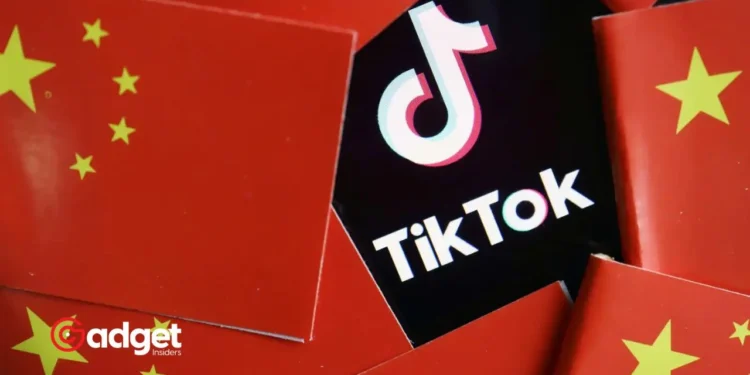In the digital era, TikTok has emerged as a pivotal social media platform, captivating users worldwide with its infectious videos and innovative content. Yet, beneath its glossy surface lies a complex web of questions regarding its parent company, ByteDance, and its alleged connections to the Chinese government.
As the debate intensifies in the United States about the potential ban on TikTok, it’s essential to dive deeper into the intricacies of ByteDance’s operations and its relationship with the Chinese state.

The Blurred Lines Between State and Business in China
At the heart of the controversy is the fundamental question: Is ByteDance, the powerhouse behind TikTok, an extension of the Chinese government’s agenda? This inquiry has gained momentum, especially in the U.S., where TikTok’s vast American user base sparks fears of data privacy breaches and unwarranted surveillance.
However, to comprehend the full scope of ByteDance’s position, one must first understand the unique dynamics of Chinese governance and its influence on private enterprises. Unlike the clear-cut boundaries between state and society in democracies, China presents a scenario where the lines are notably blurred.
The Chinese Communist Party (CCP) is not just a political entity; it embodies the state itself, enveloping both public and private sectors in its embrace. This relationship is akin to a joint venture where the government assumes the role of both partner and supreme authority, an arrangement well understood within China, though often misinterpreted by outsiders.
Communist Chinese company ByteDance should SELL TIKTOK!
One of Americas most popular apps shouldn’t be ultimately owned by China.
⬇️details⬇️ pic.twitter.com/qNf3xppgNJ
— CHRIS’WORLD (@CHRISsW0RLD) March 20, 2024
Scrutiny and Speculation: ByteDance Under the Microscope
ByteDance’s connections with the Chinese government have attracted significant scrutiny, primarily due to TikTok’s profound impact on the youth of America. With an estimated 170 million American users, the concern is that their data could inadvertently end up in the hands of the Chinese state, facilitated by ByteDance’s Beijing headquarters.
This apprehension is fueled by accounts from former ByteDance employees, who hint at governmental interference, and reports suggesting that the Chinese state has discreetly acquired a stake and a board seat in Beijing ByteDance Technology Co. Ltd., the company’s Chinese subsidiary. In a notable confrontation, TikTok’s CEO, Shou Zi Chew, faced the House Committee on Energy and Commerce in March 2023, where he firmly denied ByteDance being “an agent of China or any other country.”
Despite these assurances, the history of China’s interactions with private companies paints a more nuanced picture, hinting at a subtler form of influence that transcends direct control.

Navigating the Future: Implications for TikTok and Beyond
As the U.S. deliberates over TikTok’s fate, the broader implications for global tech governance and data security cannot be ignored. The situation underscores the necessity for a sophisticated understanding of the entwined nature of Chinese private enterprises and the state, challenging the international community to reassess its approach to safeguarding digital privacy and corporate autonomy.
In the unfolding saga of ByteDance and its storied relationship with the Chinese government, the key lies in discerning the subtle nuances of control and influence. As this debate rages on, the world watches closely, pondering the future of TikTok, the sanctity of user data, and the intricate dance between technology giants and governmental powers.









